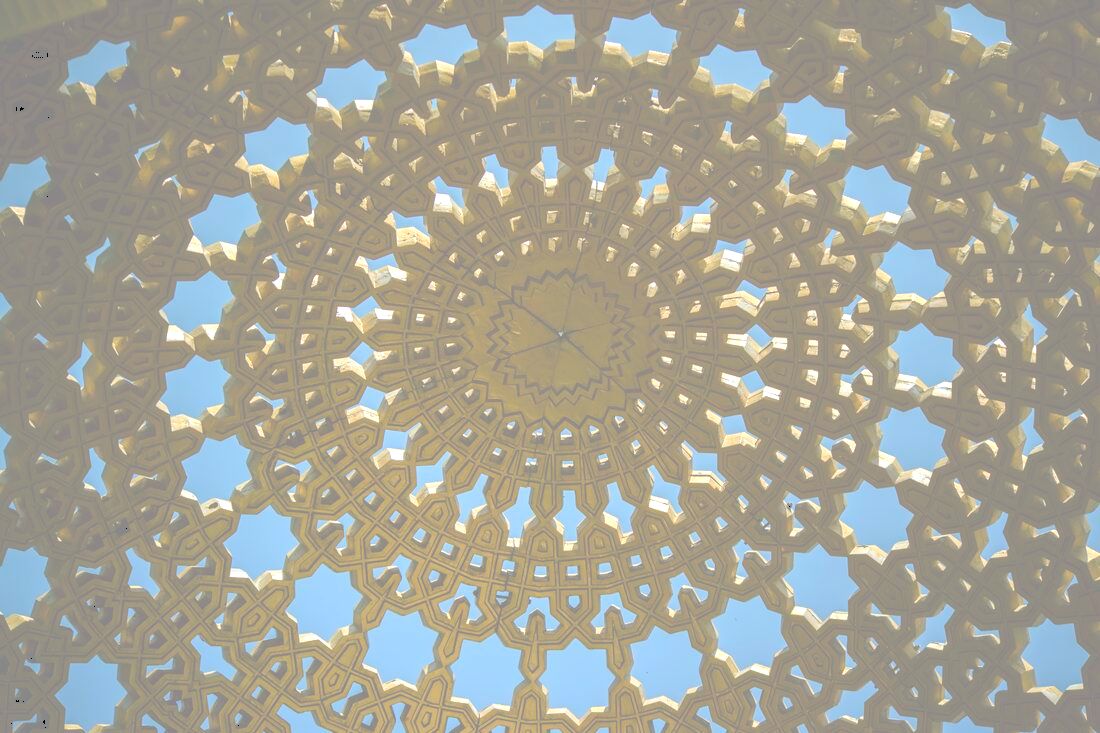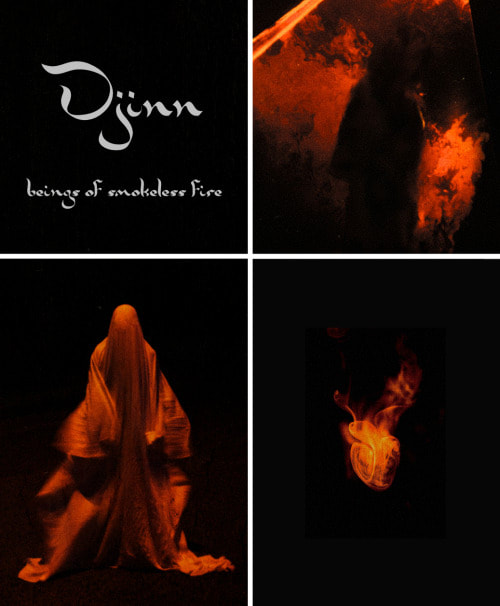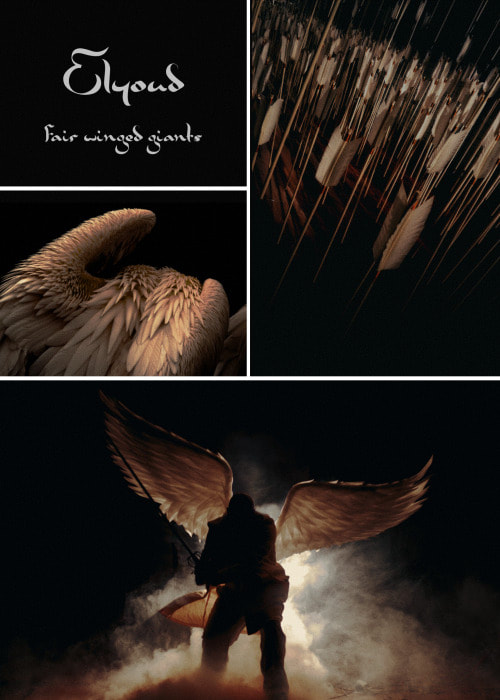 Photo by mostafa meraji on Unsplash So! November is over! Last post I said I hoped to have a whole--if rough--draft of LofM completed by now, and I really have to laugh and wonder what in the heckity heck I was thinking. A whole draft? A whole draft???? Needless to say that did not end up happening (a whole draft! which would've been between 50 and 70k?!). But I did write, and enjoyed writing, even though it wasn't every day. After all, I went from having nothing at all to having something that I am, crucially, pretty happy with. I also didn't end up posting excerpts weekly here, though I did share a few on tumblr. I've gathered them all here for your perusal. I also made two posts corresponding with some entries in my worldbuilding encyclopedia, featured below! I love them and am excited to create and share more! Enjoy! ExcerptsOnce, in the oldest of days and times, there were four kingdoms: the kingdom of Men, the kingdom of the Djinn, the kingdom of the Elyoud, and the kingdom of Beasts. I say once, but they are kingdoms still. They are not, nor have they ever been, united, though only two are sworn enemies: the Djinn and the Elyoud, who will have no alliance or consortium with each other. Meanwhile, the boy is watching with curiosity as a shadow detaches itself from the greater shadow of one of the bushes of the garden and winds its way towards him, revealing itself to be a long, thin snake, all black. In the back garden, the hens are clucking. Halah is thinking that she will have to feed them a little later than usual when Raoul clears his throat. [[ content warning: the following excerpt contains a depiction of a traumatic flashback, implied episode of PTSD, and an implied panic attack ]] Suddenly she’s on her feet, her breath strangled in her throat, memories consuming her, blinding and deafening her to all but remembered jeering laughter and monstrous figures and constant whispers everywhere and fire, fire, fire that doesn’t burn and terror turned despair because she cannot get out she will never get out she is trapped and lost and forgotten and forsaken no one is coming for her no one will help her no will save her she is alone alone alone. Encyclopedia Entries
0 Comments
Leave a Reply. |
Welcome to the blog!Featuring prompt fills, excerpts from my wips, posts about my writing process, and more. Categories
All
|


 RSS Feed
RSS Feed